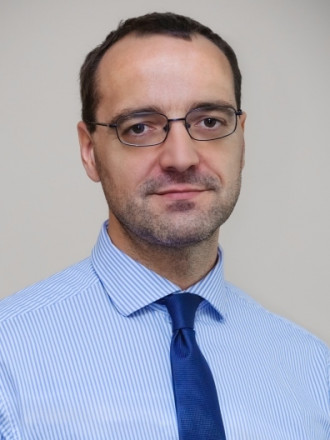Zuna J, Moericke A, Arens M, Koehler R, Panzer-Grümayer R, Bartram CR, Fischer S, Fronkova E, Zaliova M, Schrauder A, Stanulla M, Zimmermann M, Trka J, Stary J, Attarbaschi A, Mann G, Schrappe M, Cario G. British Journal of Haematology. 2016 Jun;173(5):742–8. doi: 10.1111/bjh.13989. Epub 2016 Feb 23. IF: 5.67

doc. MUDr. Jan Zuna, Ph.D., Department of Paediatric Haematology and Oncology
Abstract
Minimal residual disease (MRD) at the end of induction therapy is important for risk stratification of acute lymphoblastic leukaemia (ALL), but bone marrow (BM) aspiration is often postponed or must be repeated to fulfil qualitative and quantitative criteria for morphological assessment of haematological remission and/or MRD analysis. The impact of BM aspiration delay on measured MRD levels and resulting risk stratification is currently unknown. We analysed paired MRD data of 289 paediatric ALL patients requiring a repeat BM aspiration. MRD levels differed in 108 patients (37%) with a decrease in the majority (85/108). This would have resulted in different risk group allocation in 64 of 289 patients (23%) when applying the ALL-Berlin-Frankfurt-Münster 2000 criteria. MRD change was associated with the duration of delay; 40% of patients with delay ≥7 days had a shift to lower MRD levels compared to only 18% after a shorter delay. Patients MRD-positive at the original but MRD-negative at the repeat BM aspiration (n = 50) had a worse 5-year event-free survival than those already negative at first aspiration (n = 115) (86 ± 5% vs. 94 ± 2%; P = 0·024). We conclude that BM aspirations should be pursued as scheduled in the protocol because delayed MRD sampling at end of induction may result in false-low MRD load and distort MRD-based risk assessment.